What’s wrong with your car when its front shakes while braking? A shaking or pulsating when applying the brake pedal almost always indicates excessive rotor runout or a variation in rotor thickness. Although not quite accurate, many professionals refer to these irregularities as “warped brake rotors.”
Of course, there are also some other, less common reasons why your car might be shaking when braking.

Why Does My Car Shake When I Brake?
Worn rotors are the most common cause of shaking while braking. But there are other potential reasons for the sensation, as well. Here’s a quick rundown on five possible causes for jerking while braking:
Excessive lateral rotor runout or a variation in rotor thickness (warped brake rotors)
Many modern cars have disc brakes at all four corners, though some have discs in the front and drums in the rear. Pressing the brake pedal forces a pair of brake pads to squeeze against the disc-shaped rotor, creating the friction needed to stop the vehicle.
Over time, the brake rotors can develop irregularities, such as excessive runout or a variation in thickness (also known as parallelism). Runout refers to a distortion of the rotor that causes it to wobble side-to-side as it rotates. Thickness variation, on the other hand, indicates the rotor is thicker in some spots than others.
Both concerns can prevent the pads from pressing squarely against the rotor during brake application. The result is often a shaking/pulsing sensation felt in the brake pedal. Because the brakes mount to the wheel hub, which mounts to the steering knuckle, you may also feel shaking in the steering wheel.
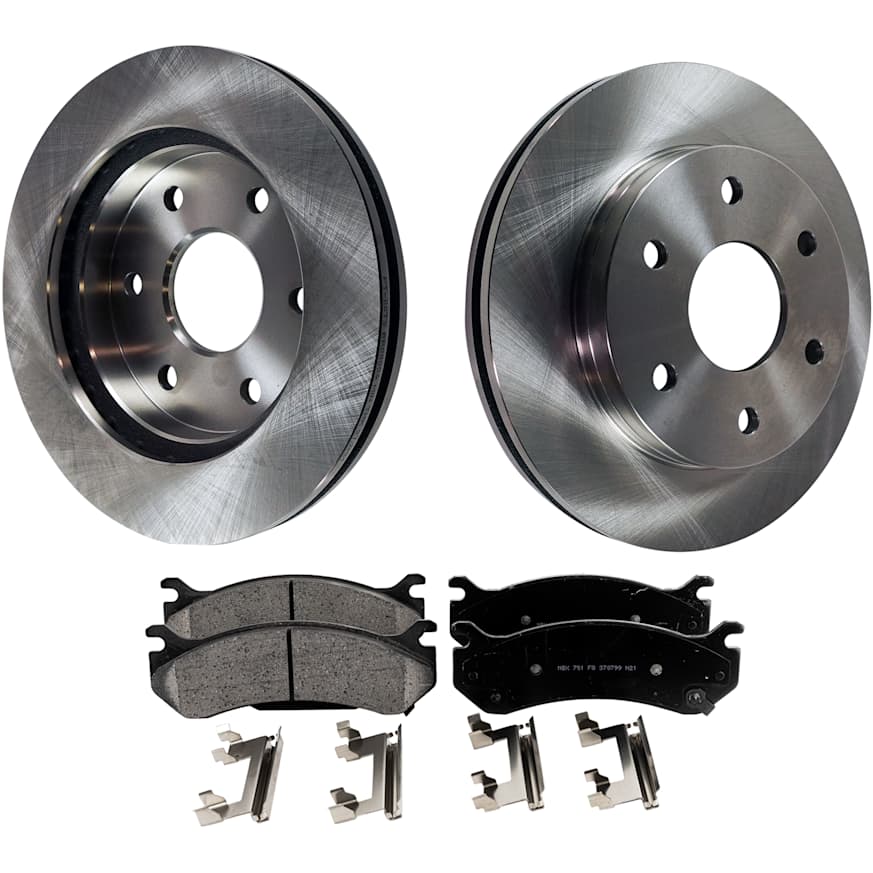
Out of round brake drums (if your vehicle has drum brakes)
Some vehicles still have drum brakes in the rear. With this design, when the driver presses the brake pedal, a pair of brake shoes are forced outward against a brake drum, creating friction.
Brake drums that are worn out of round can cause a shaking/pulsating sensation when the brakes are applied.

Loose wheel bearings
There is a wheel bearing behind each of your car’s wheels. Each wheel bearing allows a wheel hub, which acts as a mounting point for the wheel and tire, to turn as the vehicle is traveling down the road.
Because the wheel hub also serves as a mounting spot for the disc brake, a loose wheel bearing can lead to excessive lateral runout. As a result, you may experience a shaking sensation while braking.
Worn suspension components
In some cases, worn suspension components can cause shaking while braking. The sensation may be felt in the steering wheel and/or brake pedal.
For example, in a strut-style suspension, the brake rotor mounts to the steering knuckle, which, in turn, mounts to the strut. As such, problems with the strut assembly can cause shaking while braking.

Worn brake pads
Pulsation and shaking can occur whenever the pads don’t apply squarely against the brake rotor. That means worn pads also have the potential to cause shaking when the driver applies the brakes.
Dirty brake fluid
Brake fluid takes the force that your foot applies to the brake pedal and transmits it to the brakes. The hydraulic fluid gradually accumulates solid and liquid contaminants that degrade its performance. Contaminated brake fluid can cause problems, including jerking movements when you engage the brakes.
Bad brake calipers
Brake calipers stop the vehicle by pressing the brake pads against the brake rotors. These critical brake parts can get stuck, develop leaks, or seize up. A faulty brake caliper can lead to the vehicle jerking while braking.
ABS problems
The anti-lock braking system keeps the wheels from locking up when you abruptly hit the brakes. If one of its parts develops an issue, the ABS might engage when it’s not supposed to do so. The unexpected pulsing in the brakes can lead to jerking, too.
Can a Bad Sway Bar Cause Shaking When Braking?
Usually, a faulty sway bar won’t cause front shakes when braking. However, there might be times when a worn-out bar can cause the vehicle to lurch and shake when you hit the brakes. If the car vibrates when braking, consider checking the sway bar as well as the brakes.
What to Do About Brake Pedal Pulsation or Shaking
A pulsating or shaking brake pedal can affect braking performance, thereby compromising vehicle safety. You should address the issue of vibration when braking as soon as possible.
If you have the know-how, fixing the problem yourself is usually fairly straightforward. But if you have any doubts about your abilities, it’s best to let a professional repair the issue. After all, we’re talking about your brakes here.
And your car’s brakes aren’t something you want to gamble with.
Where to Buy Replacement Parts for Your Vehicle
As mentioned, there are many reasons why your car shakes when braking. Whether the issue is due to a faulty brake system part or a worn-out suspension system component, it’s best to replace it immediately. Otherwise, it could affect other parts and make driving risky.
Lucky for you, CarParts.com has you covered with high-quality auto parts on hand and ready to ship from a warehouse near you. Place your order today, and we’ll have it delivered to your doorstep in as fast as two business days.
Use our vehicle selector to start shopping for the parts you need. Then, adjust the search filters to narrow down the products according to your preferred brand, price range, quantity, etc. If you have questions, our round-the-clock customer service representatives will give you all the help you need.
If you’re on a budget, we guarantee that you can still get a replacement part that’s built to last. All our products come with a low-price guarantee to help you get the best value for your money.
Check out our catalog and shop now!
Products Mentioned in this Guide
Any information provided on this Website is for informational purposes only and is not intended to replace consultation with a professional mechanic. The accuracy and timeliness of the information may change from the time of publication.



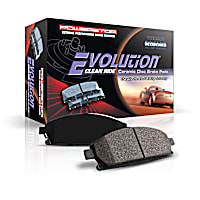 Brake Pad Set
Brake Pad Set
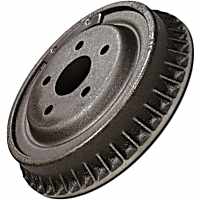 Brake Drum
Brake Drum
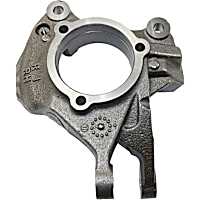 Steering Knuckle
Steering Knuckle
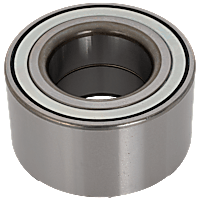 Wheel Bearing
Wheel Bearing




























